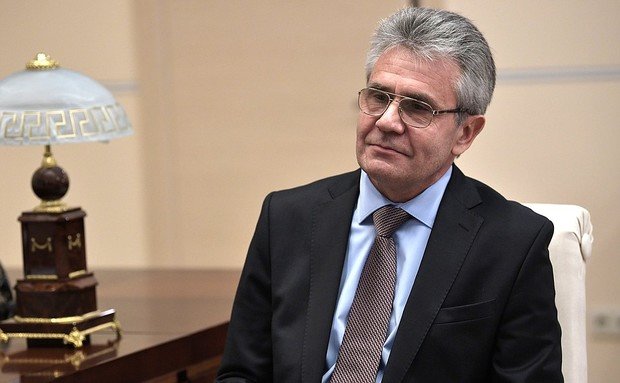Russian students dissatisfied with scholarship rate
The current amount of the state scholarship is not enough even for food
Monthly state scholarships at Russian universities amounted to 1,400-2,500 rubles ($21-37) in the 2017-2018 academic year. The inadequate rate makes students look for part-time jobs and, thus, pay less attention to their studies, say university activists.
Discontent is rising among Russian university students over the small amount students receive for state scholarships and the ever-growing cost of tuition, reports University World News. ''It is a topic that worries students from different universities across Russia,'' says Tatyana Salupayeva, a student of the Moscow State University, adding that students have to work as waiters or couriers, so they spend less time studying and the quality of their education remains poor. ''The current amount of scholarships paid by the state is not enough even for food.''
Salupayeva is one of the authors of a petition asking the government to raise scholarships to a regional minimum wage level. The document sent to Prime Minister Dmitry Medvedev says that the current scholarship rate at Russian universities leads to a deterioration of the quality of education, as it forces both undergraduate and graduate students to take on low-skilled jobs while studying.

According to the Federal Law 'On Education in the Russian Federation', academic state scholarship is received by students who study full-time in state-funded places. It is paid once a month and only in case of good semester grades. The monthly rate of state scholarships at Russian universities amounted to 1,400-2,500 rubles ($21-37) last academic year. In November 2017, Minister of Education Olga Vasilyeva promised to increase the scholarship fund for the 2018-2019 academic year from 65,51 billion rubles to 69,19 billion rubles, but the proposal has not been approved so far.
Anyway, such a slight increase is still not enough, consider students. However, the only option currently considered by the government may involve an increase in scholarships for postgraduate students. ''The issue of raising scholarships is constantly discussed for all categories of students. However, at present universities could encourage the most talented students from their own resources,'' commented a spokesperson of the Ministry of Education.
In May, Head of the Russian Academy of Sciences Aleksandr Sergeev suggested raising monthly scholarships to first-year students to 20,000-30,000 rubles ($295-440). The money was supposed to be taken from a specially established fund, but the proposal has not received support from the state.